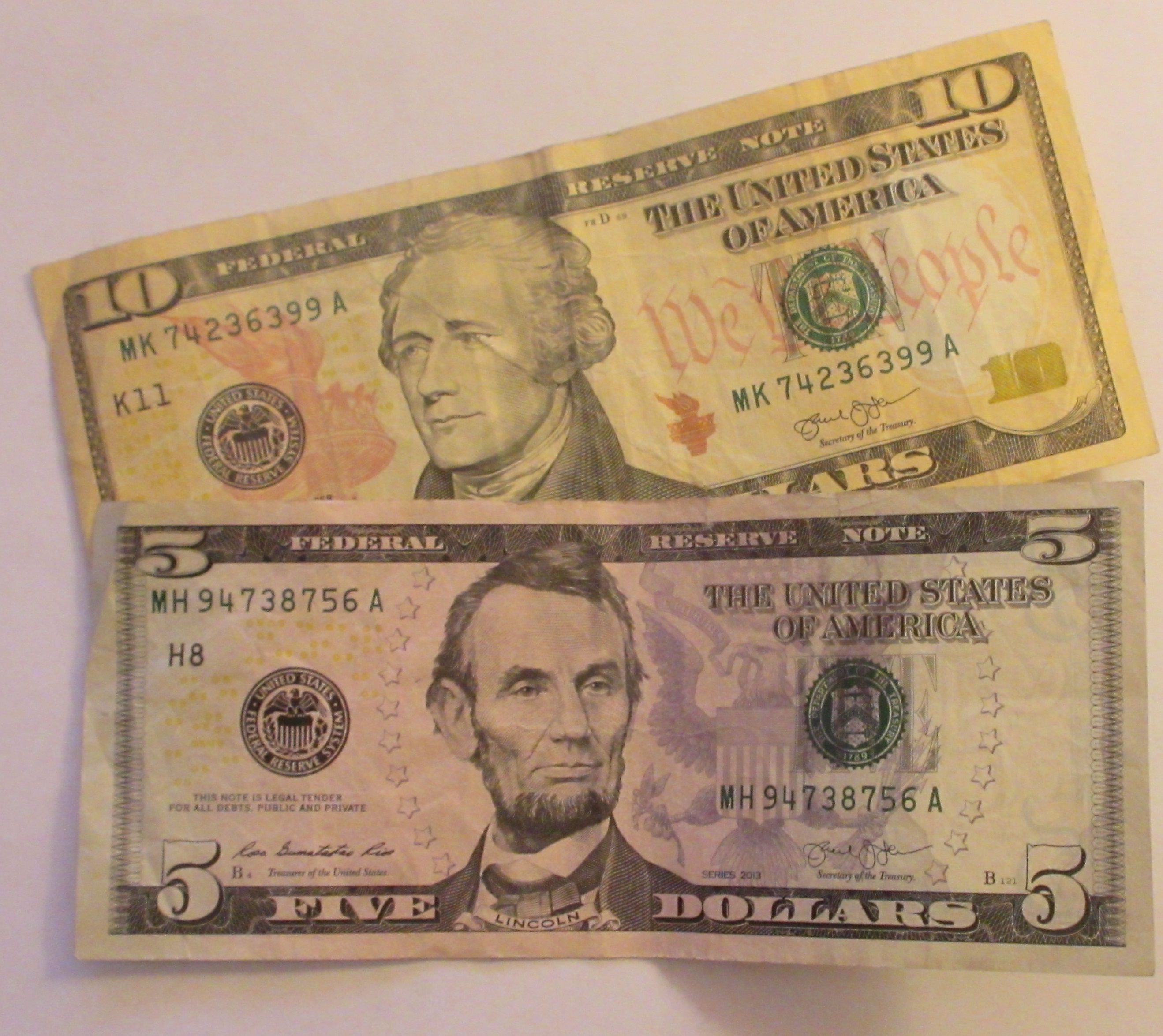@BryanRenbaum
Advocates of low-wage workers are fighting back against calls by business groups to freeze Maryland’s scheduled minimum wage increase for at least two years.
Maryland’s minimum wage is currently at $11 an hour. Last year the General Assembly passed legislation which set in motion a 75 cent annual increase in the minimum wage until a $15 an hour ceiling is reached. The ceiling will come in Jan. 2025 for most businesses but for those with 14 employees or less it will come in July 2026. The legislation gives the Board of Public Works the power to temporarily suspend scheduled increases for up to one year under certain circumstances. It is unclear how a two-year suspension would work without changing the law.
“We believe that the minimum wage law that passed last year to raise the minimum wage to $15 an hour for most workers by 2025 is an important step in the right direction for those workers,” Christopher Meyer, a research analyst at the nonprofit, nonpartisan Maryland Center on Economic Policy (MDCEP), said in a teleconference that was held on the video meeting site Zoom on Thursday.
Meyer noted that the original version of the bill would have raised the minimum wage to $15 an hour for most workers by 2023. He explained how that change has affected low-wage workers.
“For a typical worker at a larger employer that loss that we’ve already seen from the delays in the bill that passed is equal to about $13,000 over the entire phase-in period. So, it is important to keep in mind that we’re already working from a sort of a lower baseline. And freezing the minimum wage would really harm those same workers first.”
Meyer said freezing the minimum wage increase would particularly harm workers of color.
“When we think about the idea of freezing the minimum wage, this really is asking for communities of color in Maryland to bear even more costs on top of health disparities and the disparate impact of COVID-19.”
Meyer said freezing the minimum wage increase would also harm female workers.
“Fifty-five percent of all total beneficiaries are expected to be women, compared with just 50 percent of the workforce.”
Meyer, pointing to a study MDCEP released today, noted that raising the minimum wage helps the overall economy because low-wage workers are more likely than higher-wage workers to spend substantial amounts of money on consumer goods when they experience an increase in pay.
Carl Bundage, a cook at the Holly Center in Salisbury said the state residential center provides essential services to people who have intellectual disabilities and freezing the minimum wage increase would hit him especially hard.
“Even though I risk exposure to the virus every time I show up to work, I still make less than $15 an hour…My groceries, my prescriptions-and everything-is going up- except for my salary. It’s been a challenge to live paycheck to paycheck not knowing how I’m going to make ends-meet.”
But not everyone said freezing the minimum wage increase is a bad idea.
Howard County Chamber of Commerce President and CEO Leonardo McClarty told MarylandReporter.com that the proposal would help small businesses, many of whom are still suffering due to restrictions aimed at preventing the spread of the coronavirus. It would provide much-needed relief to small businesses, he said.
“I think that is a positive step for businesses, especially small businesses, and mom and pop shops,” he said. “I can certainly understand that many employees or proponents of the minimum wage increase will be upset. However, many small businesses have been fighting for their lives these past two to three months. Some have found a lifeline with the PPP (Paycheck Protection Program) but there are countless others that didn’t. Some industries will take months to recover financially. It is important to get employers stabilized so they can get people back to work and adding jobs rather them contemplating layoffs and furloughs.”





Recent Comments